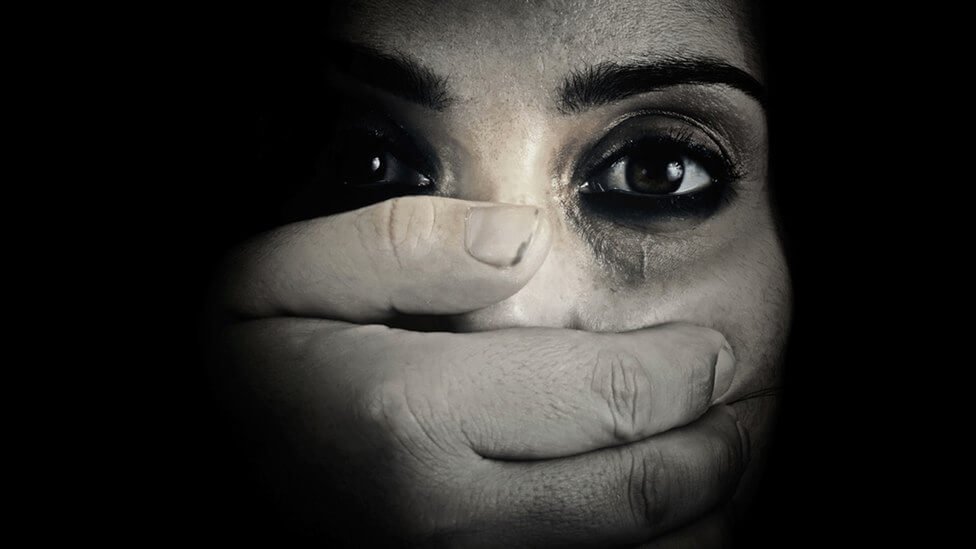
Being a student of Geography, it is interesting to study how the geographical space gets affected by ‘gendering of language’. ‘Gendering of language’ means reflection of gender through language. Doing MA in Geography in Delhi School of Economics (D’ School), made my way towards my study. Gender and language are two important aspects of society. Language plays an important role in making social relations. Every day speech is the way in which a particular language is spoken. A gender wise variation in speech can be observed.
‘Geographical space’ is map-able, measurable and quantifiable. When emotions are attached to a geographical space, it changes to ‘place’. Making one’s place over a geographical space is associated with power relations. Often in a group of people, only that language is spoken which has the majority of speakers. But if the group members are not rigid and they are interested in learning other languages, then they learn the languages which have less number of speakers. Language plays a major role in socialising, on the other hand language also acts as a barrier. A person having good communicative skill can mix up with people easily but the absence of knowledge of a language may restrict him from mixing up with people speaking that particular language.
There is a basic difference between males’ speech and females’ speech. Biological structure of vocal cord of a male is different from that of a female. Loudness and Silence are two important aspects of speech. Loudness is stereotyped and attached to masculine features. Loudness can be used to show dominance, anger etc. On the other hand silence is inferred as acceptance of dominance and is attached to femininity. In those places where females are submissive, they barely stand up to protest, their voice is hardly audible but in places where males and females live in same social status, females are not submissive to males, their voice is audible. Each language region in India has different societal structure. In each region both animate and inanimate objects are thrown into a particular gender category. In D’School space students come to study. The speech used by the students reflects their culture, which in turn reflects the type of society they come from. All the students have same identity over the educational space. No one is submissive to other. Though there are usage of masculinity and femininity within the language. Hindi, the National Language of India, is widely spoken inside the campus. It has the ‘linga’ (gender) within the grammar. For example small leaves are said as ‘chhoti patti’ and the bigger ones are ‘bara patta’. The masculine gender is attached to the bigger ones and the one which is smaller is attached with feminine gender.
Gender violence in language takes the form of slangs or what we call ‘gaaliya’ in colloquial term. Gender violence implies gender inequalities or violence against women and the minorities. This often encourages the dominance of one over the other. It has been seen that the slangs which the male students use are associated with females. Their disrespect for a woman gets reflected by the use of such slangs. The female students of D’School use slangs, replacing the terms linked to females with males.
Often it has been seen that if the eldest daughter of the family has done some good work, then she is praised saying, ‘shabash beta’. This kind of terms in daily speech reflects the neglect of daughter as only a son is thought to be useful for the family and even if a daughter does something good then she is regarded as a son. Often in some families the eldest daughter is named after a boy, assuming that the daughter will act like a son and thus will take care of the family. Why a daughter can’t take care of the family? Why everything is seen from ‘male gaze’ that is the male point of view? I have noticed since childhood, an environmental Geography book containing the term, ‘man and Environment’. Why it can’t be written as ‘woman and environment’? If these questions can be answered properly, the gendering of language can be understood and a gender equal society can be achieved.





